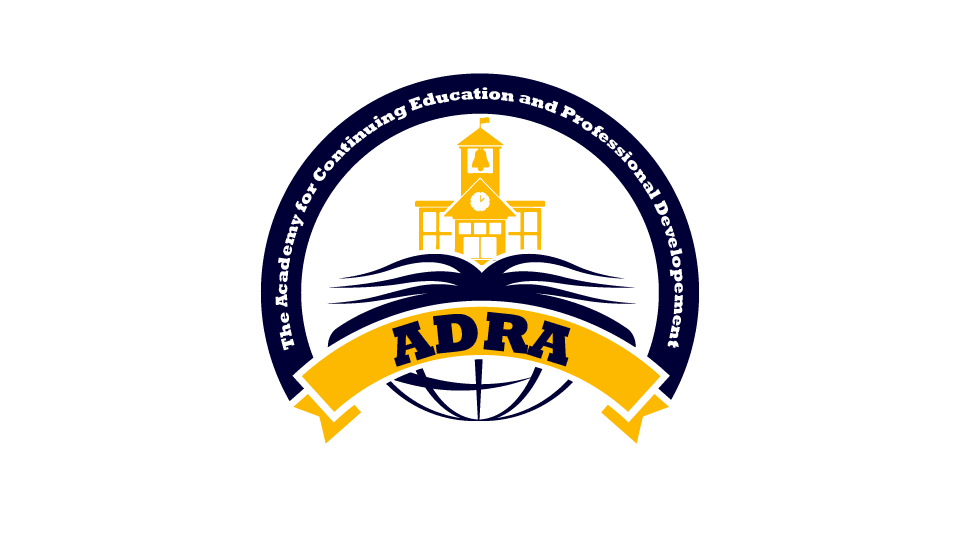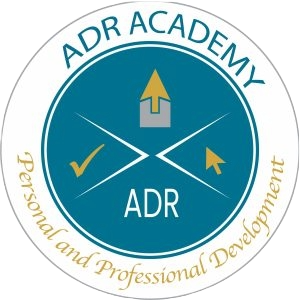Description
Duration: Self-paced (up to 6 months to complete)
Credits: 40 Clock hours | 4 IACET CEUs
This course provides the graduate student a study of the philosophical and theoretical bases of the helping process as it relates to crisis situations. It includes a study of the major concepts and models utilized in intervening in crisis situations.
The purpose is to expose the graduate student to a well-rounded view of theories and strategies that can be used in crisis counseling.
UPON COMPLETION OF THE COURSE, THE STUDENT WILL BE COMPETENT IN:
- Developing collaborative client relationships that promote crisis care in multiple environments.
- Defining and understanding the field of crisis counseling in historical, modern, and multicultural societies.
- Understanding the concepts of crisis intervention, advocacy, and triage as applied in overall crisis care.
- Conducting effective and accurate client initial care, assessments, evaluations, and referrals.
- Evaluating the social, political, and community factors that are also impacted by crisis events.
- Identifying and examining the major theories, strategies, and skills used in crisis counseling.
- Identifying and understanding the legal and ethical issues related to crisis work in various counseling institutions and crisis care environments.
- Exploring the associated caregiver issues of burnout, traumatization, and compassion fatigue.
- Comparing and contrasting the implications and various approaches to crisis telephone and internetwork.
- Identifying and effectively implementing various approaches to assisting clients impacted by violence, abuse, sexual assault, and chemical dependency.
- Comparing and contrasting the implications and various approaches to conducting crisis care work both in schools and mental health care agencies.
- Comprehending and applying crisis counseling approaches that are specific to working with children versus adults.
- Understanding the critical components to assess, diagnosing and providing care with respect to Post Traumatic Stress Disorder (PTSD).
- Understanding the different aspects and approaches to working with both man-made and natural disaster-related client issues.
- Learning about and understanding the dynamics of disaster response teams and how they are impacted and affected by crisis situations.
- Assessing crisis and providing intervention from an integrative perspective.
- Assessing and identifying the dynamics of suicide, murder, bereavement, and grief for the clients and the client’s support system.
- Examining the role of counseling in hostage situations.




